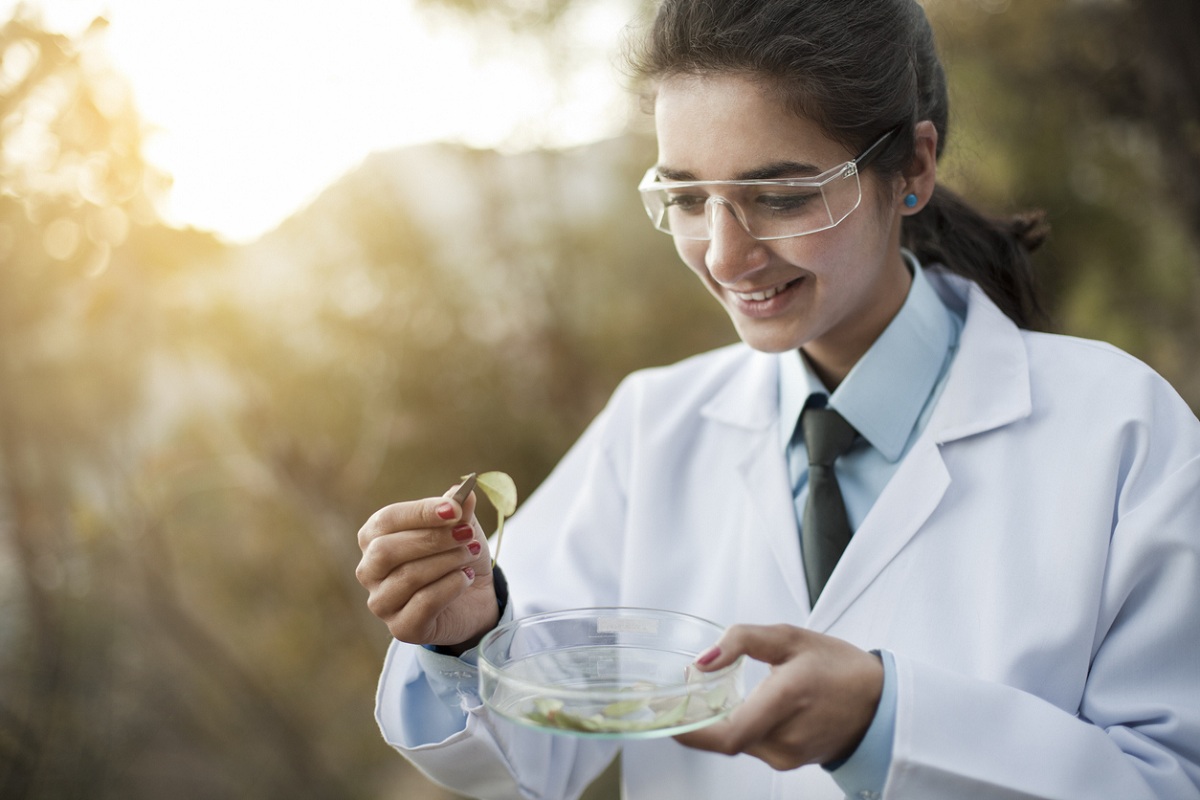Indian Institute of Technology Roorkee (IIT-R) has signed a Memorandum of Understanding (MoU) with Odisha University of Agriculture and Technology (OUAT), Bhubaneshwar to generate frontier technologies and produce quality manpower in the field of agricultural research and education for addressing the challenges faced by the rural communities and improving their quality of life.
The MoU was signed by Prof Ajit K Chaturvedi, Director, on behalf of IIT Roorkee and Dr Pawan Kumar Agrawal, Vice-Chancellor, OUAT.
Advertisement
According to the MoU, both institutions will collaborate in research programmes where IITR and OUAT would work jointly in the field of Agriculture in the field of Genomics, Transgenics and Metabolomics, crop improvement, Information and Communication, application of Sensor in agriculture, information and communication, IT-based societal development and related aspects of Agriculture leading to the creation of rural livelihood opportunities. The MoU has been signed for five years.
“The agricultural sector is the foundation of the Indian economy and the largest employer in the country. Low farm income, climate change, and low productivity are some of the potent challenges in the sector. We are glad to partner with Odisha University of Agriculture and Technology- one of the oldest agricultural research institutions in India. The partnership will augment the government’s efforts towards capacity-building and will be a step forward in achieving the goal of ‘AatmaNirbhar’ Bharat” said Prof Ajit K Chaturvedi, Director, IIT Roorkee.
Dr PK Agrawal, Vice-Chancellor, OUAT expressed that this collaboration will create new avenues for interdisciplinary research with the involvement of scientists from OUAT and IITR. Several farmers’ problems can be solved with the outcome of this MOU.
The MoU entitles both institutions to establish mutual relations between their scientific and technical divisions and create facilities for the exchange of scientific technologists and experts and their proper placement. As per the MoU, a Joint Working Group will be set up with representatives from both institutions to meet once in two years to review the execution of this MoU and recommend necessary measures for its development.











